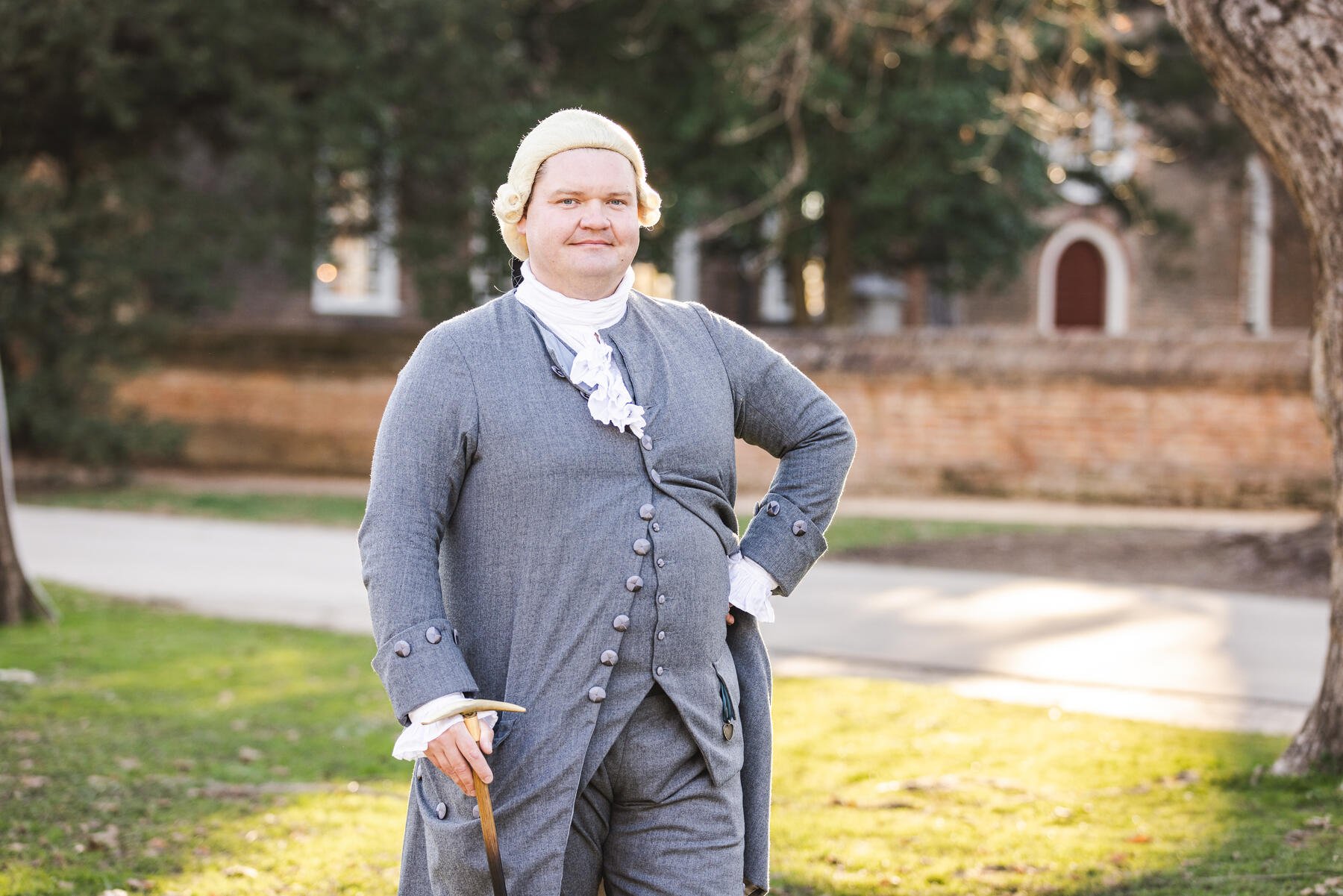
George Wythe
Known for his lifelong pursuit of virtue, George Wythe is remembered as a teacher of some of early America’s most influential minds.
On This page
Moral High Ground
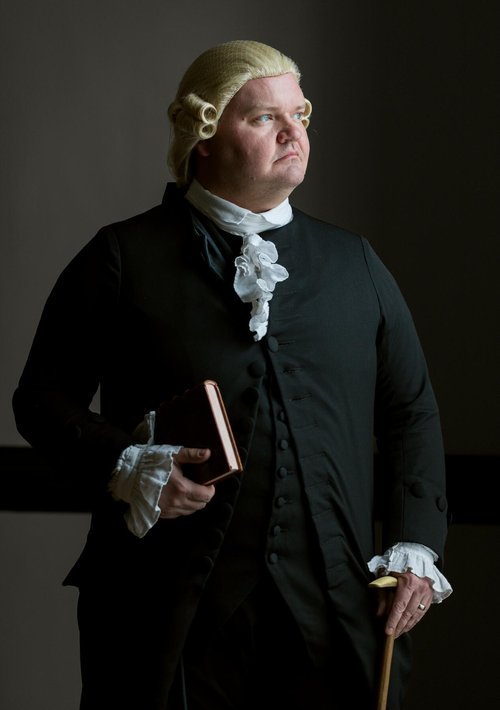
George Wythe (1726 – 1806) was a citizen of Enlightenment, deeply interested in politics and history and science. He emphasized reason and individualism. In his lifetime, he argued both publicly and privately against slavery, urging the emancipation of enslaved people and owning none himself by the end of his life. He supported John Locke’s assertion that all men were naturall born equal and independent and “no one ought to harm another in his life, health, liberty or possessions.”
Wythe was recognized for his lifelong pursuit of virtue, holding his government, particularly the legal system and those who worked within it, to a high moral standard. In letters written during and after Wythe’s lifetime, Thomas Jefferson was quick to note his mentor’s virtue as “spotless” and “of the purest tint.”
In fact, the Enlightenment values Wythe held for himself, his college, and his government are represented today in the three official seals he is credited with designing over the course of his life: the seal of Virginia, William & Mary’s second official seal, and the seal for the High Court of Chancery of Virginia.
Enlightened Educator
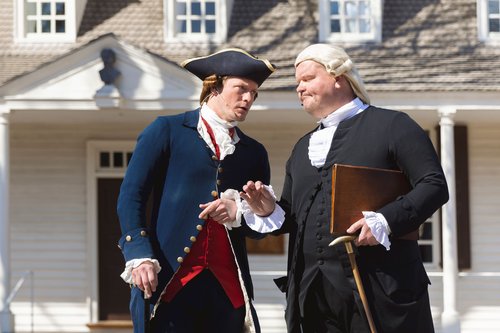
Wythe shared his Enlightenment ideas with his many students, who became state and federal judges, state governors, and even presidents of the United States. Thomas Jefferson, John Marshall, James Monroe, and St. George Tucker all benefited from the tutelage of this great thinker.
Wythe taught his students a wide range of subjects, such as Greek, Latin, mathematics, literature and science to name a few. The wider world was a classroom that prepared students to be better citizens of the world.
But the longtime Williamsburg resident’s place in America’s history goes beyond a list of the notable people he taught and the home that still stands along the Palace Green in Williamsburg.
Meet Thomas Jefferson
Thomas Jefferson read law under the tutelage of George Wythe, whose brick home on Palace Green was just a short distance from Jefferson’s lodgings at Market Square Tavern.
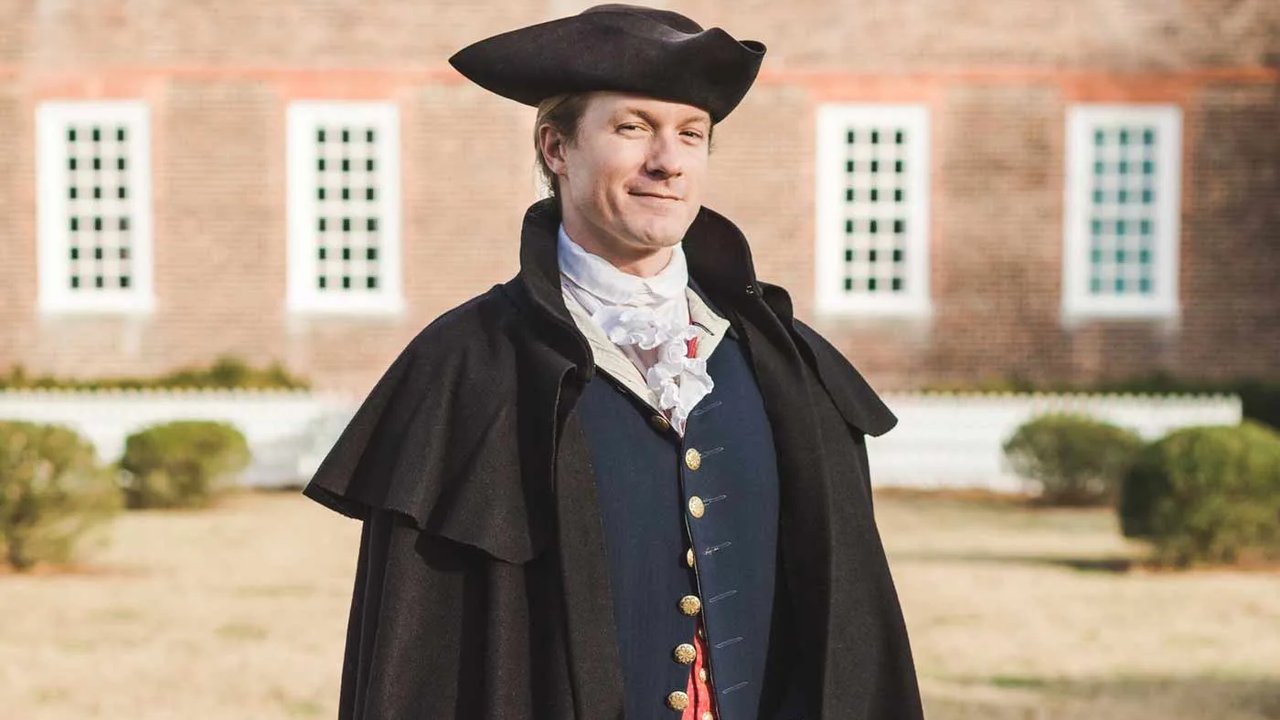
Public Servant
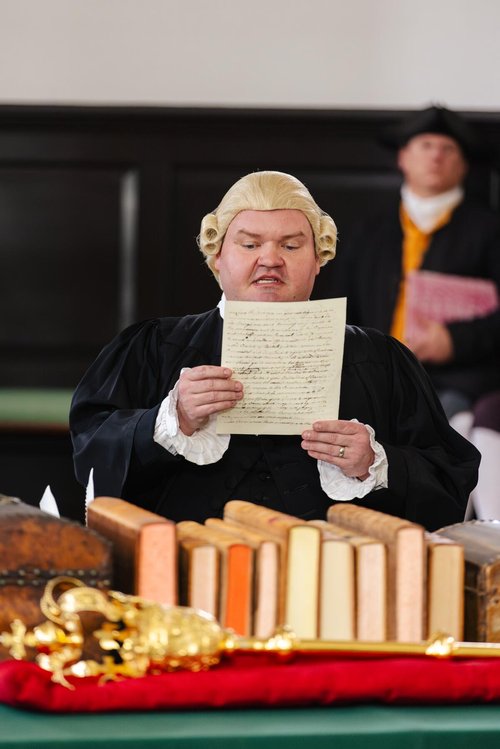
Wythe’s resume is robust. A prominent lawyer, he was a member of Virginia’s House of Burgesses and a revolutionary delegate to Virginia Conventions and the Continental Congress. When it came time to sign the Declaration of Independence, Wythe’s fellow Virginia delegates paid him the honor of leaving the top space open so his name would be listed first.
Wythe was also a delegate to the 1787 Constitutional Convention and moderator of a contentious debate at the Virginia Ratification Convention. Along with Thomas Jefferson and Edmund Pendleton, Wythe served on the General Assembly’s committee to revise and codify Virginia laws. He was also a justice of the peace in Elizabeth City County and a judge on Virginia’s Court of Chancery.
Wythe and his students engaged the many questions facing a new nation, chipping away the first rough forms in the continuing struggle to realize the ideals of our revolutionary founding.
The inclusion of George Wythe in Colonial Williamsburg’s Nation Builders program is generously funded by Judge Paul R. Michel and Ms. Brooke England as well as The Kern Family Foundation.
